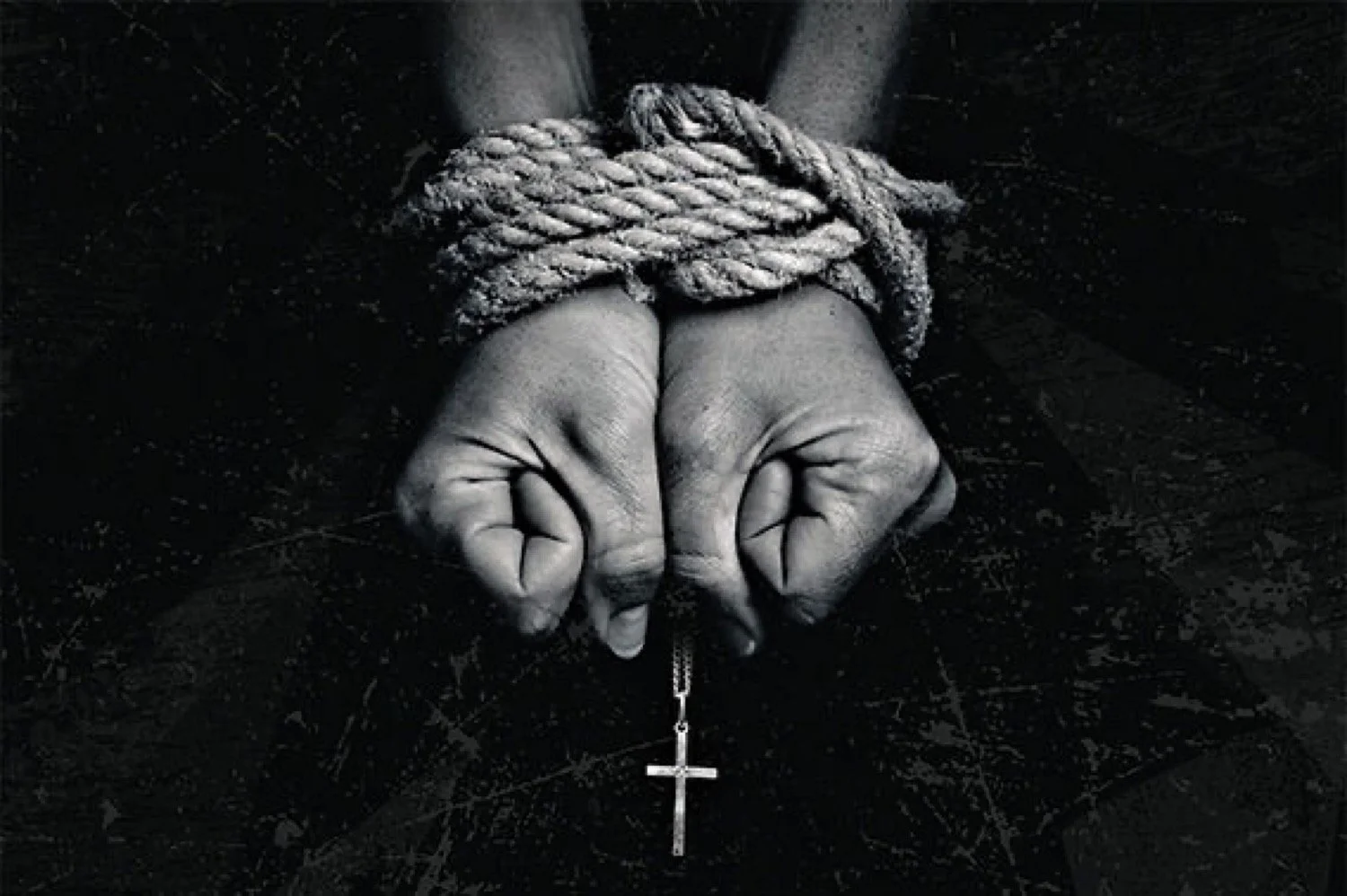Readings for today: Ezekiel 32-34, 1 Peter 1-2
Long have I prayed over these words in Ezekiel. What does it mean to be a watchman? To be given God’s Word to speak to a specific people in a specific place and time? To be able to look out on the culture at large and see the coming judgment? To speak to it not in anger or outrage but in tenderness and compassion and love? To lay aside my natural prophetic zeal and instead kneel in sackcloth and ashes and weep over the sins of God’s people? To plead with them to return to the Lord with their whole hearts?
Ezekiel was a faithful prophet. He understood his call from the Lord clearly. He was to speak God’s Word to God’s people. Only God’s Word. Nothing more. Nothing less. Nothing else. He was to speak God’s Word as boldly and clearly as possible. He was to speak with full conviction and hold nothing back. In so doing, he is creating the conditions whereby God’s people might respond in repentance and humility. It’s important to note that the watchman is not responsible for the results. They are only responsible for the warning they provide. So Ezekiel’s success or failure in ministry doesn’t ride on how the people respond. Those who listen to his words will be saved. Those who reject his words will be destroyed. Ezekiel will only be held responsible to speak. Truthfully. Honestly. Openly. Transparently. “So you, son of man, I have made a watchman for the house of Israel. Whenever you hear a word from my mouth, you shall give them warning from me. If I say to the wicked, O wicked one, you shall surely die, and you do not speak to warn the wicked to turn from his way, that wicked person shall die in his iniquity, but his blood I will require at your hand. But if you warn the wicked to turn from his way, and he does not turn from his way, that person shall die in his iniquity, but you will have delivered your soul.” (Ezekiel 33:7-9)
At the same time, I imagine Ezekiel loves his people. All good pastors do. We live and die with the decisions we watch people make. We grieve when they fail to turn from sin. We rejoice when we see true life change. We get discouraged when we see spiritual complacency. We get excited when we see someone finally hit rock bottom and turn to Jesus. So the burden of the watchman is a heavy one. And I imagine Ezekiel felt this weight keenly. Especially as he watches God’s people respond to the Word of God preached. Some rest in their own self-righteousness. Others turn from their wickedness. The ups and downs of ministry are reflected in these words from Ezekiel 33, “The righteousness of the righteous shall not deliver him when he transgresses, and as for the wickedness of the wicked, he shall not fall by it when he turns from his wickedness, and the righteous shall not be able to live by his righteousness when he sins. Though I say to the righteous that he shall surely live, yet if he trusts in his righteousness and does injustice, none of his righteous deeds shall be remembered, but in his injustice that he has done he shall die. Again, though I say to the wicked, ‘You shall surely die,’ yet if he turns from his sin and does what is just and right, if the wicked restores the pledge, gives back what he has taken by robbery, and walks in the statutes of life, not doing injustice, he shall surely live; he shall not die. None of the sins that he has committed shall be remembered against him. He has done what is just and right; he shall surely live. “Yet your people say, ‘The way of the Lord is not just,’ when it is their own way that is not just. When the righteous turns from his righteousness and does injustice, he shall die for it. And when the wicked turns from his wickedness and does what is just and right, he shall live by this. Yet you say, ‘The way of the Lord is not just.’ O house of Israel, I will judge each of you according to his ways.” (Ezekiel 33:12-20)
There is nothing worse than seeing God’s people choose their own way over God’s Way. Nothing more disheartening God’s people choosing the path of pride and arrogance and selfishness and greed over the path of humility and surrender and selflessness and generosity. Nothing more discouraging than watching God’s people “live their truth” rather than embrace God’s Truth. It never ends well. God will not be mocked. He will not bless sin nor will He let us escape the consequences of our actions.
I think about all I see happening in our world today. There is such a lack of compassion and empathy and love towards those who are different than us. The differences may be ethnic. The differences may be economic. The differences may be political. The differences may be social. No matter where the differences lie, we seem to have so little tolerance for one another. Our hearts are extremely hard. And if we let our hearts continue to harden, we will end up expressing only anger and hate both of which are poison to the soul. We must renew our commitment to one another. We must recover our calling to be our brother’s and sister’s keeper. We must embrace the command God has given us to be watchmen and watchwomen for our families, neighbors, friends, and communities, always speaking His truth in love.
Readings for tomorrow: Ezekiel 35-36, 1 Peter 3




